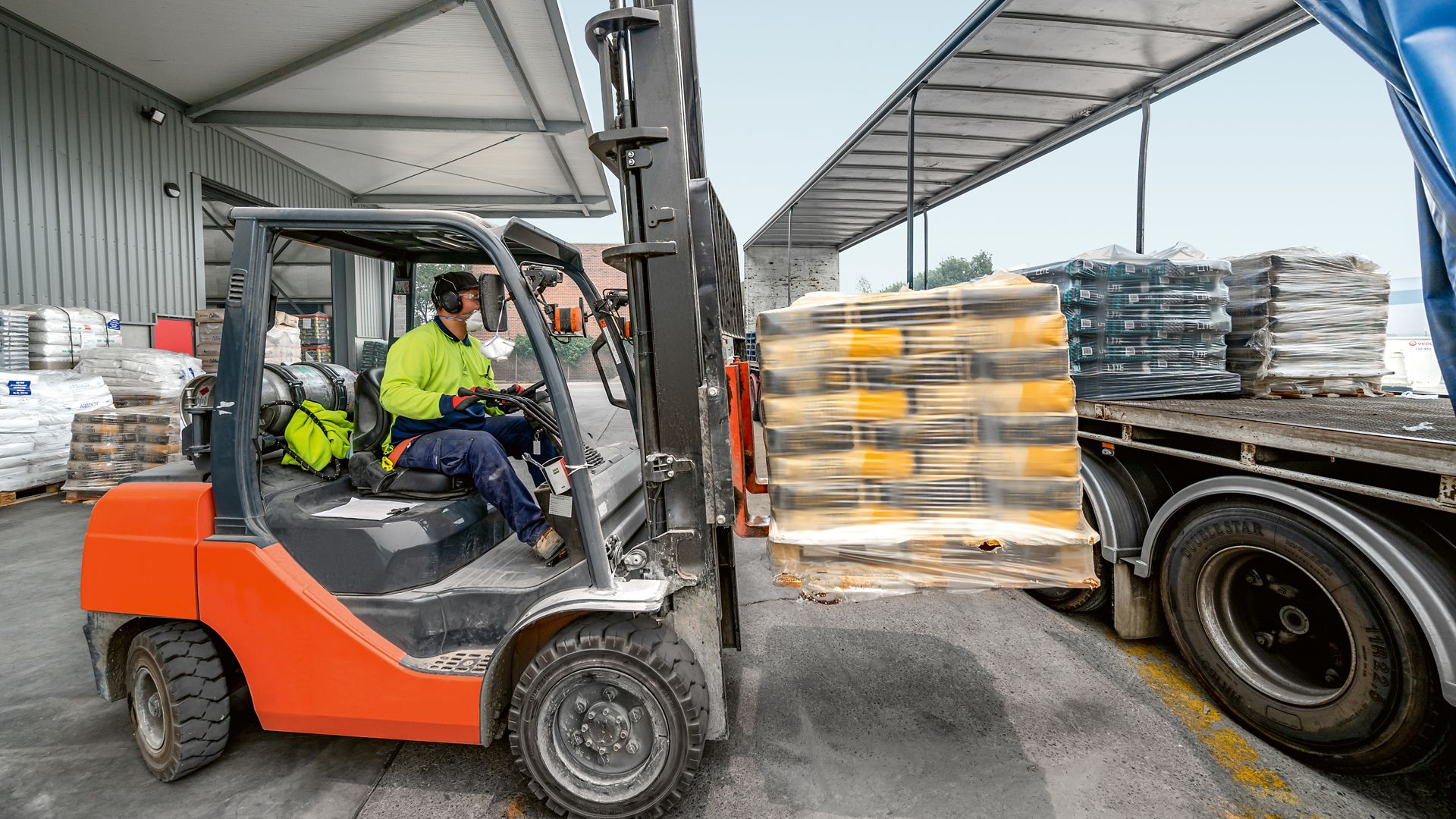Sika is improving operational efficiency throughout the Group. Value chains at all sites are to be gradually optimized over the next few years. All measures go hand in hand with Sika’s efforts to continuously reduce energy consumption and CO2 emissions.
Efficiency in production
To increase efficiency assessments to determine which products should be manufactured in which plants are done area by area and country by country. This analysis is accompanied by product line simplification initiatives to achieve higher efficiency in the production processes.
Sika specifically leverages the benefits of automation to speed up procedures and reduce costs. The replacement of older equipment or of two older plants with one new, modern facility are two ways that help to increase efficiency.
Efficiency measures cut costs, increase capacity utilization, reduce energy consumption, and improve the ecological footprint.
Optimized Logistics
The optimization of the warehouse locations and the flow of goods in the country, area, and region are also taken into consideration in the site assessments. This often leads to a reduced number of warehouses which allows for even higher efficiency in the flow of materials.
The optimized production allocation and warehouse network lead to a decrease in product transportation between sites, which in turn lead to significant reductions in CO2 emissions.
Efficiencies in procurement: smart-packaging initiatives
Various initiatives have, for example, been initiated in the area of smart packaging. They range from using packaging made from recycled materials, standardization and reduction of packaging SKUs, changing to packaging that use less material, require less space, produce less waste, and can be recycled.
These measures will not only lead to cost savings but also to ecological advantages.
Formulation efficiency
Formulations stand at the very beginning of our supply chain, thus influencing the efficiency of production, logistics steps, and product cost/performance.
Group-wide optimization of product formulations will be implemented by Global Expert teams. These initiatives will reduce the amount of variations of products and formulations, which in turn will enable greater efficiency in procurement, production, and logistics. Furthermore, improvements in energy consumption and CO2 emissions will be achieved by implementing these initiatives.

